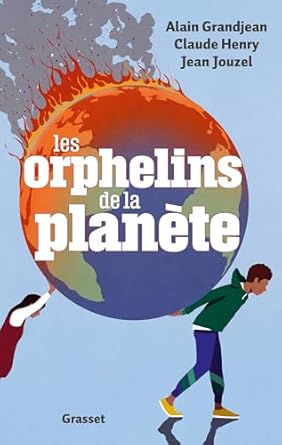The authors respond to the main questions raised over the past thirty years by the impacts of global warming and the energy and ecological transitions. They recall the warnings issued since 1990 by the IPCC and other official bodies, as well as the (often disappointed) ambitions set out at the 29 Conferences of the Parties (COP) organized since 1995. They emphasize the importance of COP 21, held in Paris in 2015, which set a target of limiting global warming since the 19th century to 1.5°C by 2030 and achieving carbon neutrality by 2050.
The authors reveal that IPCC reports have been the target of a veritable climategate, orchestrated by energy companies, which have sought to discredit the IPCC’s data, processing, and conclusions through biased studies. They also denounce banks that continue to finance projects that harm the environment. They point out that the multiple consequences (particularly on human health) of greenhouse gas (GHG) emissions are increasingly well documented and that a warming of 3°C or even 4°C would be catastrophic for the planet and humanity. They warn of the severity and simultaneity of recent natural disasters (droughts, floods, etc.).
The authors are optimistic, however: they identify the devices to be implemented in order to achieve the objectives set by the COP: new instruments of “green finance”, alternative systems of heating, transportation and production, ecological materials… They show the progress of agroecology to preserve the soil and absorb GHGs, as well as the emergence of geoengineering that extracts carbon monoxide from the atmosphere. They hold up European countries as examples for nation states that are less economical with fossil fuels, such as China and the United States.
Alain GRANDJEAN is the co-founder of the firm Carbon 4. Claude HENRY is an honorary professor at the Ecole Polytechnique and the University of Colombia.Jean Jouzel was a member of the IPCC.
Jean-Jacques Pluchart


